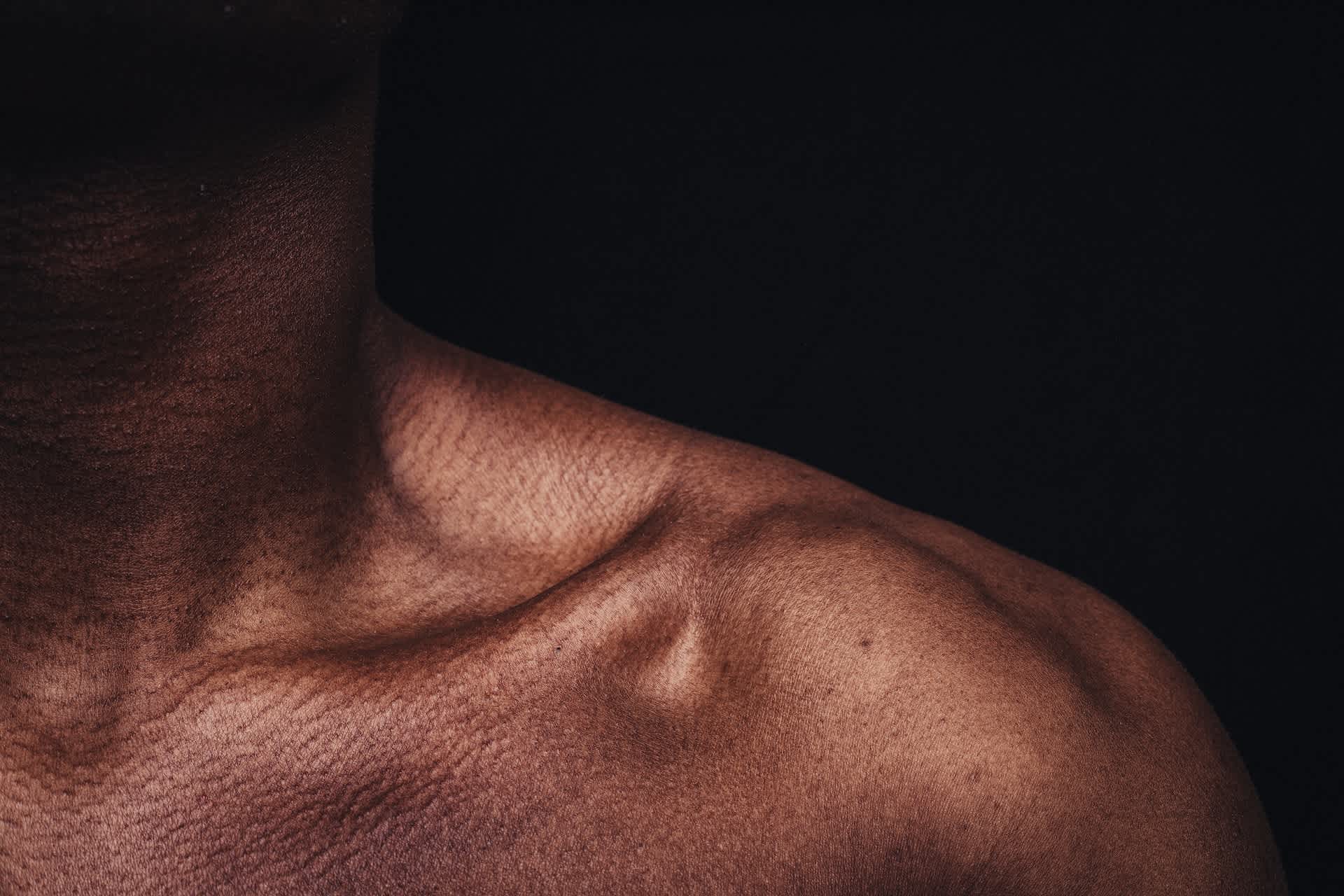Acupuncture is known to help with a lot of musculoskeletal issues and for relieving pain. But, how does it fare with neck and shoulder pain? In this article, we look into how effective Acupuncture is for relieving neck and shoulder pain, and how long it takes to work.
So, can Acupuncture help neck and shoulder pain? Yes, a large bank of evidence suggests that Acupuncture for neck and shoulder pain is effective in reducing pain levels. It does not offer a cure for the underlying condition. It will typically take a minimum of 4 weeks to see results, but studies have seen significant results after 16 weeks of treatment.
Read on to learn more about Acupuncture for neck and shoulder pain with Breeze Academy.
Is Acupuncture Good for Neck and Shoulder Pain?
Research into Acupuncture for neck and shoulder pain is fairly positive, with a number of clinical trials reporting that patients saw a reduction in pain compared to those with placebo or no treatment.
One study in particular highlights the potential of Acupuncture for neck and shoulder pain. Participants underwent either optimized, shallow, or placebo acupuncture for 4 weeks. At the end of the study, those that received optimised Acupuncture reported more pain relief than the other groups. But, after 16 weeks, there was a significant difference between the groups, suggesting that Acupuncture is effective for neck and shoulder pain. However, it may not be a quick fix; it could take a few months of treatment to see the benefits.
How Many Sessions of Acupuncture Do You Need for Neck and Shoulder Pain?
According to the study above, patients would need at least 4 weeks of Acupuncture treatment to see a difference in pain levels. 16 weeks of treatment should highlight a significant reduction in pain.
Generally speaking, however, it is usually recommended that patients initially receive 1-2 sessions of Acupuncture per week for a minimum of 2-4 weeks. After this period, the practitioner would reassess the patient’s condition and recommend further treatment schedules based on how well they responded to treatment.
Learn more about this in our recent blog, How Long is an Acupuncture Session?, where we go into more detail and answer more questions around Acupuncture sessions.
Acupuncture Points for Neck and Shoulder Pain
The below Acupuncture points may be useful in treating neck and shoulder pain. They can also be treated as Acupressure points for at-home self-treatment.
- GB20 - located on the back of the neck at the base of the skull.
- Luo Zhen - located on the back of the hand between the two bones in the depression just past the knuckles of the pointer and middle fingers. Acupuncture should be given on the opposite side to where the pain resides.
- SI9 - located posterior and inferior to the shoulder joint. When the arm is adducted, the point is 1 finger width above the back of the armpit.
- LU1 - located on the upper lateral chest, 1 finger width below the LU2 point, and 6 finger widths from the midline of the chest.
- LI11 - with the elbow flexed, this point is located in the depression at the lateral end of the inside of the elbow, midway between LU5 and the lateral epicondyle of the humerus.
Is Acupuncture or Massage Best for Neck and Shoulder Pain?
As a rule of thumb, it is often recommended to use Acupuncture for conditions that are associated with the nerves (e.g. sharp, stabbing pains) and to use massage for muscular and soft tissue injuries. However, this largely depends on the condition in question and both treatments may be effective. In fact, many healthcare providers recommend combining the two treatments for maximum effect.
This doesn’t mean massaging the patient whilst the Acupuncture needles are in place (this could be dangerous), but giving both treatments a short time apart. This may offer the following benefits:
- Enhanced pain relief
- Enhanced relaxation
- Improved recovery times
- Better sleep
- Enhanced sense of wellbeing
Learn more about this in our blog, What’s Better - Massage or Acupuncture? where we go into more detail and discuss the benefits of each intervention.
Side Effects and Risks of Using Acupuncture for Neck and shoulder Pain
Acupuncture is a relatively safe, low-risk treatment for most people. The vast majority of patients will experience a bit of bruising or bleeding at needle points, or may feel a little dizzy or nauseous immediately after treatment.
For some, however, Acupuncture poses a greater risk and their primary GP should be consulted before proceeding. This includes:
- Pregnant women
- Those with a blood disorder
- Those that have uncontrollable movements
- Those with spinal issues or instability
- Needling on scars, keloid, recent wounds or skin with sensory defect
- Those with a pacemaker
Learn more about the safety of Acupuncture and contraindications in our blog, Is Acupuncture Safe?
Final Thoughts
There is a large bank of evidence that suggests Acupuncture for neck and shoulder pain is effective. However, it could take a number of weeks (or even months) to see the results.
If you’re a healthcare professional interested in offering Acupuncture as an alternative pain relief therapy, take a look at our Acupuncture courses online today. We offer foundation-level Acupuncture courses at all major cities across the UK and provide you with everything you need to safely and effectively practice acupuncture. We also offer more advanced CPD Acupuncture courses for those that have successfully passed a foundation course.
Take a look at our range of courses online today, or get in touch for more information.
